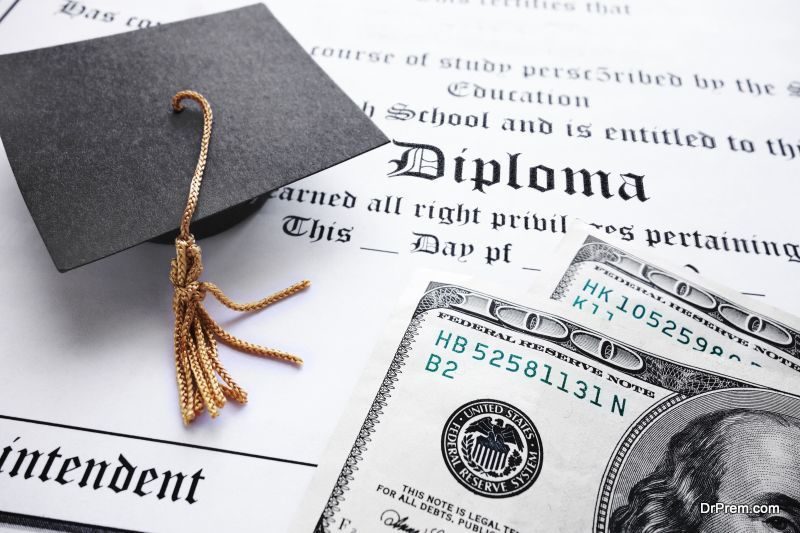Debt, in any form, can be an unpleasant aspect of financial life that is difficult at the best of times and crippling at the worst. Especially when debt reaches insurmountable levels, any possible solution can be very appealing. One such solution is consolidation.
Debt consolidation offers a way to deal with all of your debt at once and roll it all into one simple monthly payment. When done responsibly and correctly, this can provide an invaluable tool that helps individuals achieve a level of financial stability. This can be helpful in dealing with any number of debts at once from credit cards to medical bills, and it can be a lifesaver against overwhelming debt.
However, student loans can be a different thing altogether. As anyone with a significant amount of student debt knows, these loans are governed by a very different set of laws, terms and regulations than any other form of loans or debt, but that does not mean that consolidation is not an option.
How does debt consolidation work?
While there are a wide variety of options and methods for debt consolidation, they all fall under the same basic concept. Simply put, debt consolidation allows an individual a way to pay off all current debts with one large loan. This new loan will often have a low interest rate and provide an opportunity for people to dig themselves out of the hole of excessive debt.
Depending upon your credit and other financial characteristics, you may have many options available for a debt consolidation loan. If you still have good credit, you may be able to do a balance transfer and move all of your current debt onto a zero-interest credit card. If you own a home, you may have the option of taking out a home equity loan. Even if you have bad credit and no collateral, there are debt consolidation companies that will help you.
How does student loan consolidation work?
Student loan consolidation still follows the same basic principle as debt consolidation, but it is a program offered by the federal government. If you have multiple student loans, you have the option of getting a Direct Consolidation Loan from the Department of Education to essentially roll them into one.
This has a number of benefits, not least of which is simplifying the overly complex nature of multiple student loans. Since all Direct Consolidation Loans are fixed-rate, you can also do away with any variable rates that may come with some of your loans. The interest rate for your new loan will be the weighted average of all your current student loans, rounded up to the nearest one-eighth percent, and it will be locked in for the entire life of the loan.
For information on how to do a federal student loan consolidation loan, you can check with an independent advisor or go to the Department of Education website.
How does student loan refinancing work?
Student loan refinancing, also known as private student loan consolidation, is similar to federal student loan consolidation, but the loan comes from a private institution instead of the Department of Education. In this way, it is more similar to debt consolidation, and the qualifications will depend upon your credit score, income and other financial factors.
Which one is right for me?
The type of consolidation you need will depend upon the type of debt you have. Credit cards, medical bills and other traditional unsecured debt can be paid with debt consolidation, but student loans can only be combined with federal or private student loan consolidation. Whether any of these options will help your situation will depend upon your own individual needs, but they all provide plenty of benefits in the right cases.
Article Submitted By Community Writer





